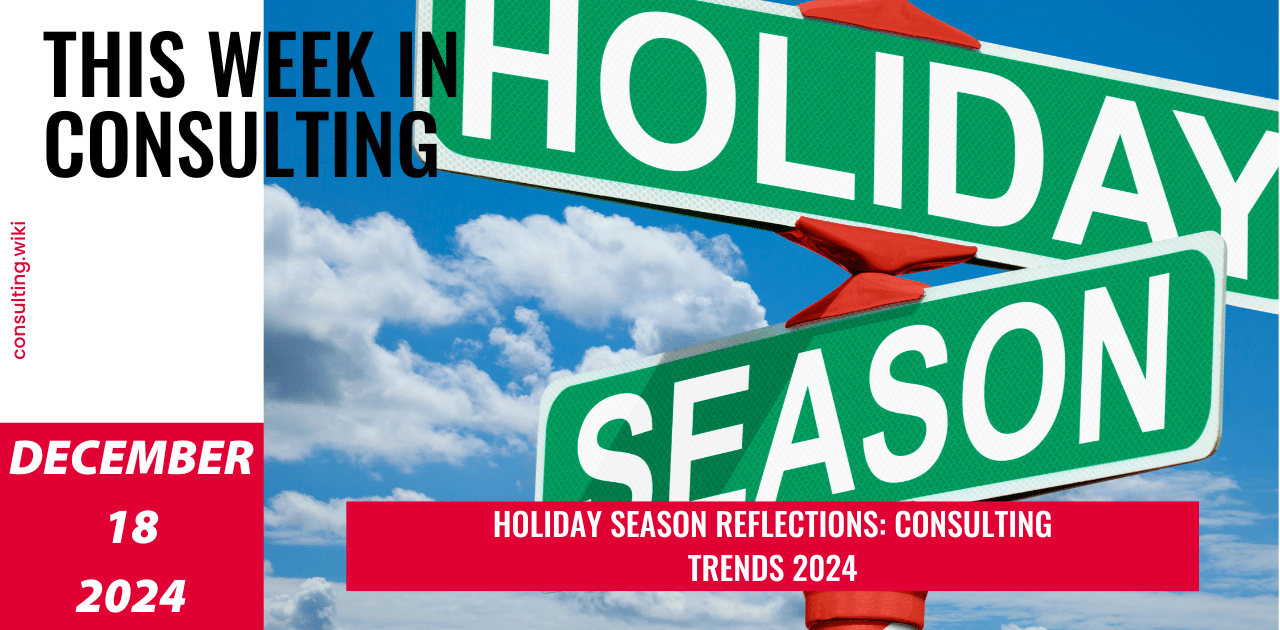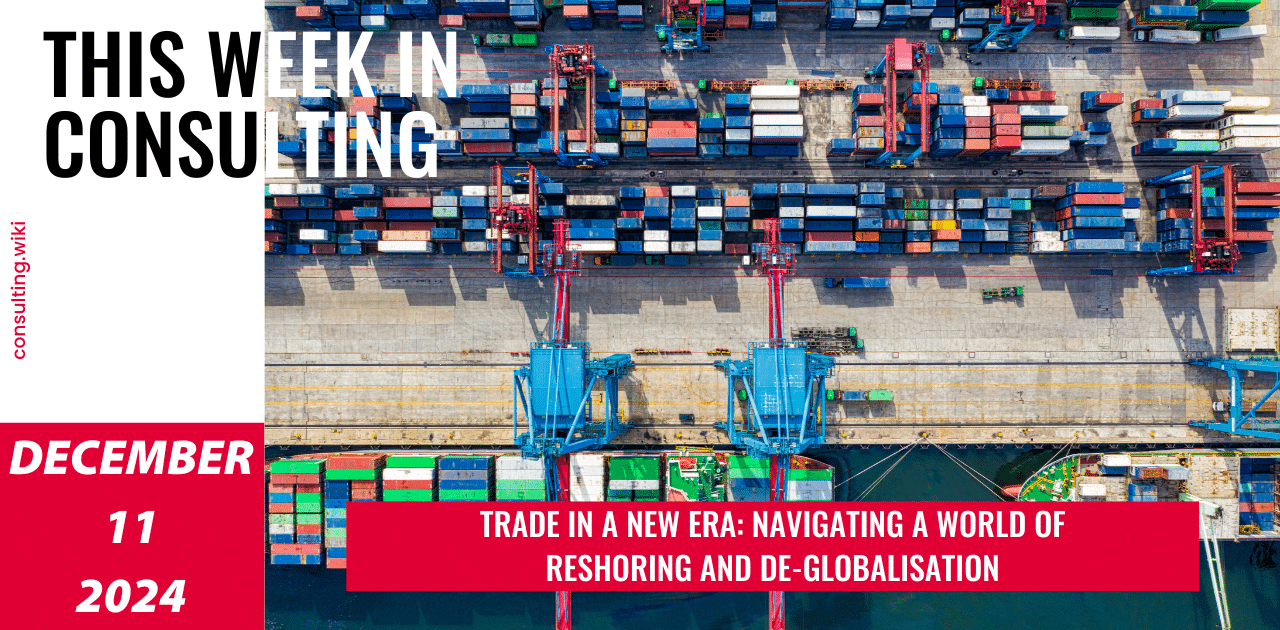
Successfully Managing the Life of the Project While Developing a Great Relationship with Your Consulting Firm
“In many ways, effective communication begins with mutual respect, communication that inspires, and encourages others to do their best.” – Zig Ziglar
Positive and mutually beneficial relationships with business partners, clients, and collaborators are an essential part of every project. And effective communication is a crucial ingredient in every relationship.
So let’s talk about how having a great relationship with your Consulting provider can substantially benefit the project.
Best Tips on Building a Great Relationship and Managing the Life of a Project
We have mentioned previously the importance of collaboration with the consulting firms to maximize the chances of success of the project. When the consulting partners are considering your company a “good client,” they will do their best to deliver the best work, assign their best teams, and remit their best price
Read also...
How to prioritize Consulting projects? How to make sure to spend on the right projects? If you keep asking yourself these questions, we have some great tips.
1. The main goal is to create a mutually beneficial relationship –
At its core, consulting should be based on a mutually beneficial partnership. If you treat procurement as a linear process that ends the moment the contract ink dries, you will probably have trouble getting the best possible results out of that partnership. Try, instead, treating the relationship as dynamic and flexible throughout the project. You and your consultants will both benefit and improve their business practices as a result.
The truth is that if you treat them fairly, there is a good chance that they act the same way. Expect them to deliver their work in time and quality. Treat them like partners that have a common objective. Give them feedback, good or bad, on their performance. Give them visibility on payments. Be thorough, but don’t dance on the head of a pin.
2. Manage the life of the project-
No matter how hard you try, establishing and maintaining a relationship with consultants in executing a project will not be a linear process. During a project, some changes will take place that you didn’t account for during the proposal or contract. Whatever happens during the project, make sure you trace the most important events.
Keep track of the changes, such as:
- Scope changes
You might have to add new tasks as a need becomes clearer or drop deliverables that turn out to be impossible or difficult to reach.
- Staffing changes
Organizations are in constant flux, and both sides may have to account for a turnover that requires adjustment and additional training.
- Timeline changes
Everything, before the project starts, is an estimate; you may have to adjust the pace as the actual duration of the project comes into view.
- Unforeseen events
Budget changes, project merges, project freezes, or any other events may occur that affect the execution of the project.
Change management is necessary to ensure that these changes do not derail the project. When the changes are significant and impact the scope and the deliverables, you should consider amending the contract. For other cases, the minutes of the Steering Committee where the decision was taken should suffice.
Any interaction with the consultants, especially when the performance is not right, should be traced thoroughly. Make sure to keep the minutes of the meetings and share them with the consultants timely.
3. Measuring Performance –
For projects longer than three months, we recommend organizing a mid-project assessment. As early as possible, set yourself and your consultants a benchmark toward the middle of the project. It is the perfect time to review the current scope and deliverables and check if they are still in line with the objectives and the current business environment.
Before the meeting, collect the feedback from the main stakeholders, and prepare a summary to share with your consulting providers. The input should cover the traditional project management performance dimensions, such as project completion, planning, etc., but also a more qualitative aspect such as behavioral dimensions, impact, or skills adequation.
As you get into the details of any project, it’s easy to get carried away with minutia that ultimately won’t affect the overall success. A Mid-Project Assessment enables you and your team to ensure that these inevitable tangents don’t endanger the timeline and the success of the larger project.
The Mid-Project Assessment should be a major event for everyone involved. Keep it separate from regular operational project reviews, which should happen in smaller circles and regularly. However, you can organize regular check-ins dedicated to the project reviews to anticipate the potential issues, and give the Consulting Firm the opportunity to fix the problem as soon as it appears.
4. Risks to avoid – Don’t drop the ball towards the end-
One of the most common mistakes when using consultants is to drop the ball towards the end of the project. Here is what happens and why it should be prevented: Reports get shelved. Information is being poorly transferred. People often oppose the project step-in to torpedo it one last time. Making sure the results will stick, requires specific attention, dedicated efforts, and it affects the overall success of the endeavor.
As the project is completed, make sure all deliverables and services are received and don’t make the final payment before verification. As a good practice, the last step in the reception and acceptance of the project is to perform an end-of-project assessment.
Ready to get started on your next project?
Need a fresh point of view? We will be happy to help.
Please give us a call today at no obligation. Let’s get the conversation started
Hélène Laffitte is the CEO of Consulting Quest, a Global Performance-Driven Consulting Platform and author of “Smart Consulting Sourcing”, a step by step guide to getting the best ROI from your consulting. With a blend of experience in Procurement and Consulting, Hélène is passionate about helping Companies create more value through Consulting.




